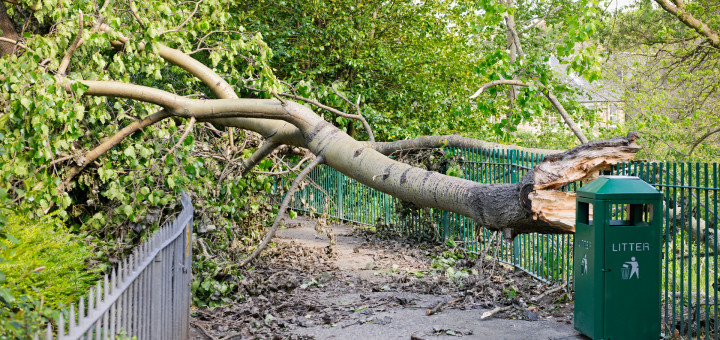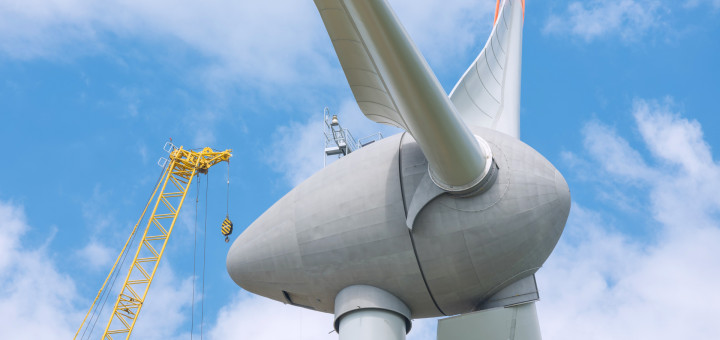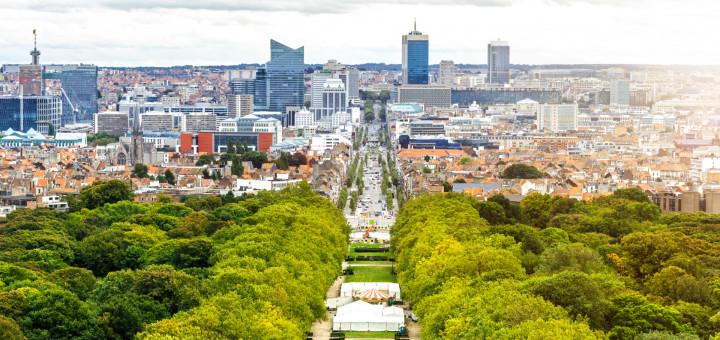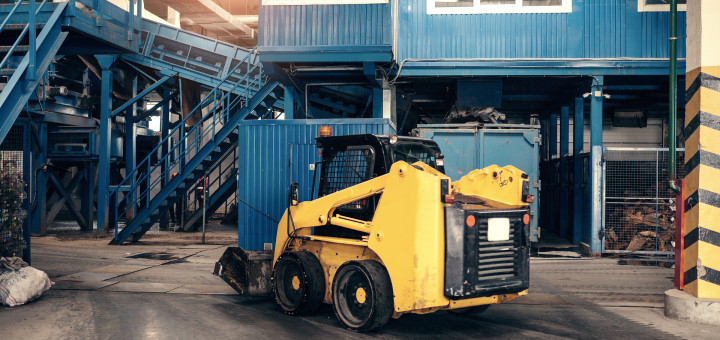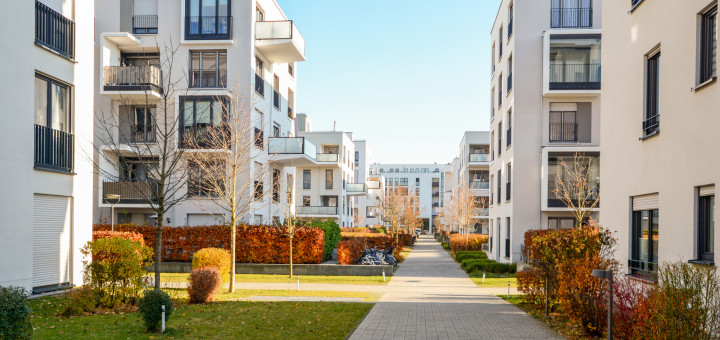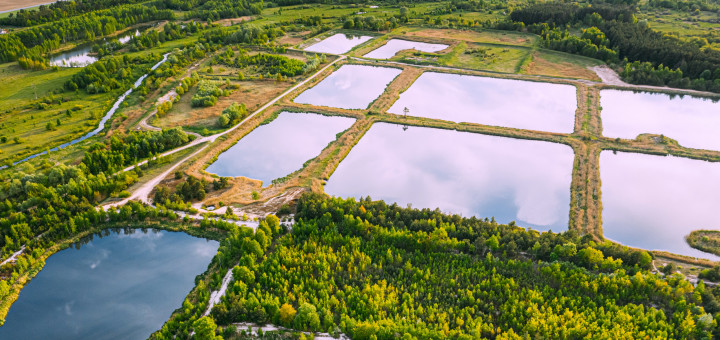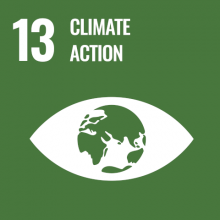
Climate change
Citizens around the Baltic Sea are experiencing the tangible impacts of a changing climate with extreme weather occurrences and sea-level rise. The Baltic Sea Region is sensitive to climate change especially with a large percentage of its population living in bigger cities on the coastal areas. Climate change is an issue that calls for strong cooperation between all political levels.
Adaptation and mitigation to climate change cannot be solved solely locally and in isolated attempts – it calls for cooperation and an integrated approach in the whole Baltic Sea Region. The primary goals that the UBC Sustainable Cities Commission is working for are strengthening the local levels in dealing with climate change and cooperation and networking on regional, national, and European level for achieving better results.
Climate-related subjects often overlap with other specific topics our Commission is working on, but their focus is more specifically oriented on the climate impact of the actions. A.o., improving energy efficiency and reducing greenhouse gas emissions are crucial on the path towards reaching carbon neutrality, simultaneously allowing energy independence in cities. Sustainable water management supports raising cities' resilience towards climate change effects: heavy and increasing rainfalls, urban flooding. Green mobility targets one of the major energy consuming and CO2 emitting spheres, and an integrated and multimodal approach to it supports urban climate adaptation measures. One of the important tools that UBC cities are equipped with is the climate and environmental data disclosure process offered through the UBC-CDP cooperation.

